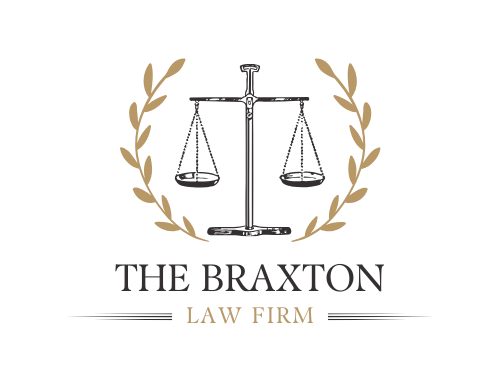What Is Real Estate Law?
Real estate law governs the ownership, use, and transfer of land, property, and buildings. It covers the legal rights and obligations involved in buying, selling, leasing, or developing real property. Because real estate transactions often involve significant financial investments and complex regulations, this area of law ensures that property dealings are fair, transparent, and legally sound.
What Real Estate Law Covers
Real estate law encompasses a wide range of legal matters, including:
- Residential and Commercial Transactions – Drafting, reviewing, and negotiating purchase agreements, leases, and closing documents to ensure smooth and lawful property transfers.
- Title and Ownership Issues – Resolving disputes over property titles, liens, easements, and boundary lines.
- Landlord–Tenant Law – Addressing rental agreements, evictions, security deposits, and property maintenance responsibilities.
- Zoning and Land Use – Advising property owners and developers on zoning regulations, building permits, and land-use compliance.
- Real Estate Litigation – Representing clients in property-related disputes such as breach of contract, fraud, or construction defects.
- Foreclosure and Property Recovery – Assisting homeowners and lenders in foreclosure proceedings or property redemption efforts.
Why Real Estate Law Matters
Real estate transactions involve numerous legal documents, financial obligations, and local or state regulations. Even a small mistake can lead to costly disputes or delays. Real estate law provides the legal framework that protects both buyers and sellers, landlords and tenants, ensuring that property rights are properly documented and enforced.
The Real Estate Legal Process
A typical real estate matter may involve reviewing contracts, conducting a title search to confirm ownership, addressing financing or inspection contingencies, and preparing documents for closing. In disputes, attorneys help negotiate settlements or, when necessary, represent clients in court to protect their property interests.
Protecting Your Property Rights
Whether dealing with a residential home purchase, a commercial lease, or a boundary dispute, real estate law provides the structure and protection necessary to complete transactions confidently and resolve conflicts effectively. Understanding this area of law helps individuals and businesses make informed decisions about one of their most valuable assets—property.
